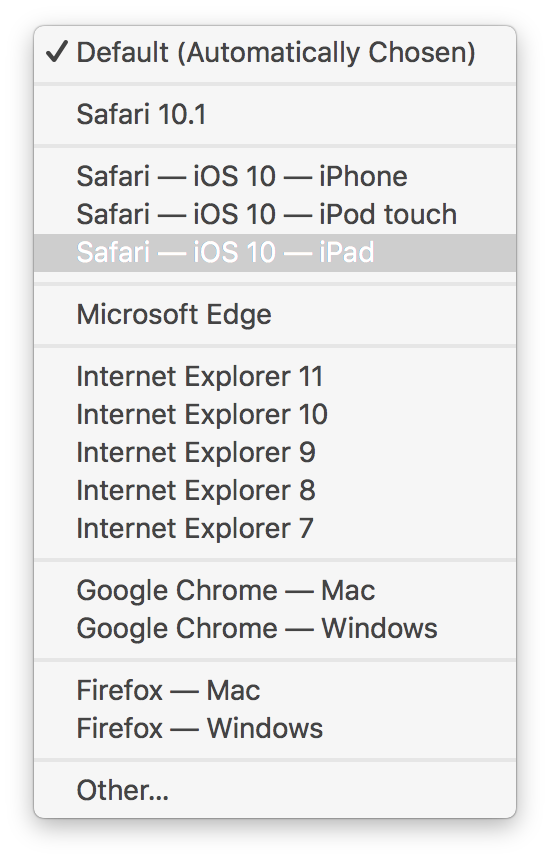It occurs to me, as I think more about the problem of interface feedback, and as I ponder the things in computing that drive me bonkers, that the problem of feedback — when to let a user know that something has happened or that something is happening — seems to be one that's getting worse. I complained about it a lot in my criticisms of The Mac App Store, but it bothers me throughout a whole host of applications.
The browser, for instance: I often find myself clicking a link to a slow website — or maybe there's some other network hiccup — and nothing happens. Or at least that's how it seems. There actually is a subtle indication that I've successfully clicked, and it comes in the form of a pinwheel or a progress dial in the loading tab — what we used to call the Throbber back in the Netscape days — that tells me that, yes, I clicked and now the page is loading. But these subtle indicators are often lost on new users, or less tech-savvy ones. And, to be quite honest, they're often lost on me as well.

Links are small, and with the inaccuracies that tend to accompany touchpad use, I miss them a lot. This is especially true on pages like Facebook which often load new content just before you click said link, causing your link to shift position, thus causing you to miss it through no fault of your own and in a way that you might be completely unaware of. So it's important to know simply that you clicked. That you nailed it.
Clicking in one spot and then having to look in a completely different spot to see if I successfully clicked is not only inefficient, it's really annoying. It totally breaks my flow and it also doesn't make much sense except within the historical context of the Netscape-style Throbber. Why not make the progress indicator closer to the link you just clicked? Or cover the page with some sort of translucent graphic? Or use some sort of Heads Up Display?

The Finder is guilty too. The throbber for searches performed in a Finder window is a small radial line throbber in the status bar in the lower right corner of the window. By default, in Lion, the status bar is hidden, thus the throbber, too, is hidden by default. But even when visible, it's nowhere near the search bubble, nor is it anywhere near where the search results begin to appear. Unless you know that the throbber is there — and I certainly missed it for a long time — you'll likely be oblivious to its existence.

But, you say, search results appear so instantaneously, there's no need for a throbber. Well, sure, except when they don't. Say you're searching a network volume, for instance. This type of search is much slower since it doesn't rely on the local Spotlight database to perform the search, so results can take some time to appear. Also, without a throbber, how do you know when Spotlight has finished searching, particularly on a large volume with lots of results? Feedback, my friends. Feedback.
This should be the rule — and maybe it already is somewhere, but if it isn't it should be. If I click on something I should get immediate feedback that tells me simply that I successfully clicked, that I hit my target, and it should be obvioulsy apparent. Details beyond this, like what's happening now that I've interacted with my computer, should also be evident. But it seems like lately we're really falling down on the, "Hey, you clicked something," front. And it's been bugging me. A lot. Because in computerland, clicking on something and receiving no feedback whatsoever has always meant one thing and one thing only: it's broken.
Browser developers, OS programmers, you want to rethink an interface? You want to make a better mousetrap? Start there. Start with feedback. It's quite basic, but feedback is so very important to the computing experience. And while I wouldn't say it's completely broken, it, like everything in life, can always get better.
Long live the Throbber!
UPDATE: One reader has decided to begin recording every instance of radial throbbers he can find. Check 'em out at Samuel Henry's Space!











